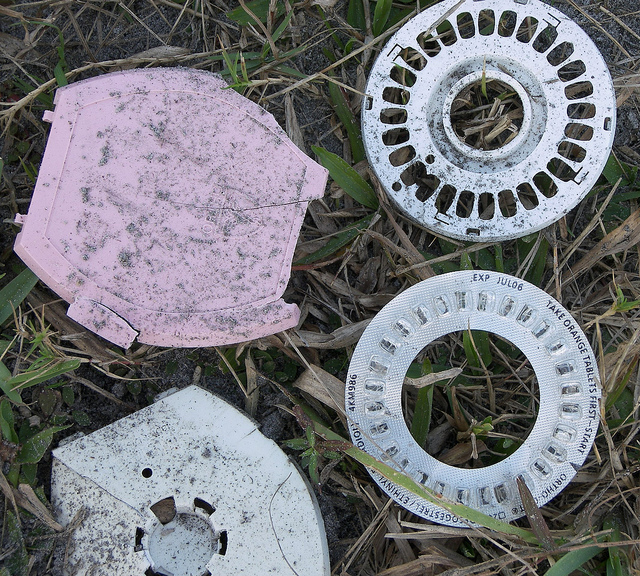 The birth control pill is one of the most popular forms of birth control in the world, but a new study finds that it can greatly diminish the sexual experience.
The birth control pill is one of the most popular forms of birth control in the world, but a new study finds that it can greatly diminish the sexual experience.
Pregnancy prevention, reproductive rights and health go hand in hand, with activists touting the importance of the birth control pill to advancing women’s sovereignty over their own bodies despite also deleterious consequences of those hormones making it into our water. In our previous post on more eco-friendly ways to prevent pregnancy, we discussed some of the pros and cons of hormones and the alternatives. What was left unsaid, and often assumed by many, is that today’s birth control pills are vastly different from those used generations ago. Specifically, modern options have lower levels of hormones, and this could translate to fewer waste products finding its way into our water streams.
This may or may not be the case, however, a new study from Indiana University examined another assumption about those lower hormone levels, and found they interfere with a woman’s ability to enjoy her body to the fullest.
Specifically, many of the same problems related to women’s pleasure remain, despite formula and delivery changes to the birth control pill. What’s doubling vexing is that studies on a male pill are intent on pleasure first by making sure they don’t interfere with a man’s ability to maintain an erection.
From Sciencedaily.com:
An Indiana University study that examined how newer forms of hormonal contraception affect things such as arousal, lubrication and orgasm, found that they could still hamper important aspects of sexuality despite the family planning benefits and convenience.
“Contraception in general is a wonderful way for women to plan their families,” said lead researcher Nicole Smith, project coordinator at IU’s Center for Sexual Health Promotion. “It’s something women are often on for as many as 30 years or more; it plays a huge part in their life. If they’re experiencing these negative effects, they might stop using contraception correctly or altogether. They need to know that there are options, such as lubricants or other sexual enhancement products that may help to alleviate some of the negative effects they are experiencing.
“Women should also be counseled on the many highly effective forms of birth control currently available; switching to another method might work better for them,” she said.
The study involved 1,101 sexually active women split almost evenly between those using a hormonal form of contraception such as the pill, patch, ring or shot, and those women using a non-hormonal form, such as a condom, diaphragm, cervical cap or withdrawal.
The study, based on data collected by the Kinsey Institute’s Women’s Well-being study, which used an online questionnaire, found that the women reported similar levels of sexual satisfaction, which included things such as intimacy and romance, but the women using hormonal contraception experienced less arousal, fewer orgasms, difficulties with lubrication, decreased pleasure and less frequent sex.
“A great effort has been made to make condoms more pleasurable for men,” Smith said. “But you don’t hear about this same effort going toward reducing the negative impact of contraception on women’s sexual functioning. It’s just not part of the discussion.”
What’s the relevance to sustainability in the Middle East? In addition to opening up the dialogue about women’s reproductive well-being, studies like this support efforts to make love better, more organically, to fully unleash the numerous health benefits: improved mood, increased immune and cardio functions, brain growth, etc.
After all, chemistry without chemicals is an essential part of ecosex.
Read More Reproductive Health News:
GM Foods Shrinking Sexual Health in a Womb Near You
Ecosexy Condom Company “Love Begins With L” Empowering Female Health
Can a Male Birth Control Pill Save the Environment?
Tinamarie is a regular contributor to Greenprophet.com. Follow her @ModernLoveMuse. She blogs at www.tinamariebernard.com.



